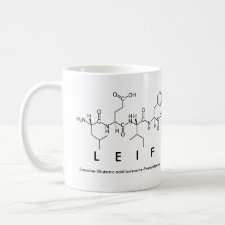
Authors: Bagán H, Zhou TC, Eriksson NL, Bülow L, Ye L
Article Title: Synthesis and characterization of epitope-imprinted polymers for purification of human hemoglobin.
Publication date: 2017
Journal: RSC Advances
Volume: 7
Issue: (66)
Page numbers: 41705-41712.
DOI: 10.1039/C7RA07674F
Abstract: One promising method to prepare protein-selective polymers is the epitope-imprinting approach, where surface-accessible peptides from a target protein are used as templates to create surface-exposed binding sites on molecularly imprinted polymers (MIPs). However, selection of a suitable peptide target is not always straightforward, and synthesis of peptide on a large scale can be costly. In this work, we developed a new approach that can be used to select peptide epitopes on protein surface to be used as templates to prepare protein-selective MIPs. In this case study, human hemoglobin (Hb) was immobilized on silica nanoparticles and then fragmented by tryptic digestion. The particle-supported peptides were then used as templates to synthesize the Hb-selective MIPs, which were obtained after removal of the silica support and the peptides. The MIPs were tested in equilibrium binding experiments to evaluate their protein separation performance. The new surface imprinted MIPs displayed high selectivity for Hb, and was able to separate different variants of Hb from protein mixtures and crude cell extracts
Template and target information: protein, peptides, epitopes, human hemoglobin



Join the Society for Molecular Imprinting

New items RSS feed
Sign-up for e-mail updates:
Choose between receiving an occasional newsletter or more frequent e-mail alerts.
Click here to go to the sign-up page.
Is your name elemental or peptidic? Enter your name and find out by clicking either of the buttons below!
Other products you may like:
 MIPdatabase
MIPdatabase









